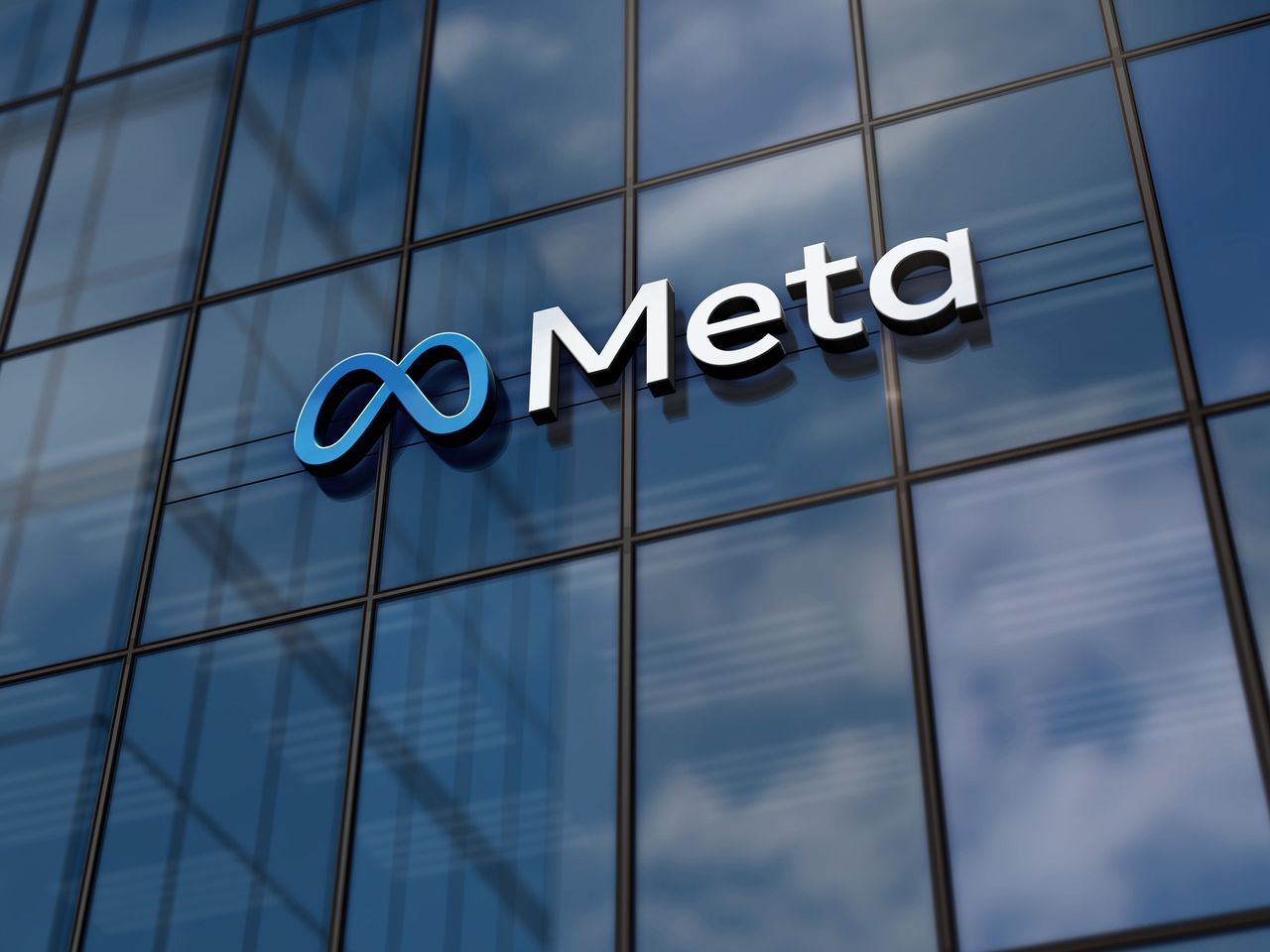Meta’s Latest Update: What It Means for Facebook Users in Latin America
Meta recently announced a sweeping change: all new videos on Facebook will now be automatically classified as Reels. The update also bundles in a range of AI‑powered tools and prompts that carry special implications for Latin American users. From content creation to privacy and platform dynamics, this shift represents one of Meta’s most significant updates in 2025. Here is a detailed breakdown of what it means for Facebook users across Latin America.
1. Universal Rollout of Reels on Facebook
Traditionally, Facebook has separated traditional video posts, live video, and Reels into distinct formats. Starting mid‑June 2025, Meta will blur those lines. Going forward, any video uploaded—short clips, full features, livestreams—will be published as a Reel instead of as a standard.
This change simplifies the creation experience but also shifts how content is distributed. The Video tab will be renamed Reels, and users will be prompted to confirm or adjust their audience settings to ensure privacy preferences align with the new format.
2. What This Means for Creators and Brands
Creators and brands can anticipate a more unified video strategy, with no restrictions on length or format. This encourages flexibility—users can post long-form talks or livestreams without switching tools. On the flip side, discoverability and monetization dynamics are shifting:
- Exposure through Reels is higher given Meta’s focus on short-form video trends.
- Algorithmic preferences will likely favor video-first content—especially interactive and captivating clips .
- Brands will need to invest in creating reels that engage in the first few seconds and maintain quality regardless of format.
3. Greater Emphasis on AI Tools
Meta continues to roll out powerful AI across Facebook, Instagram, WhatsApp, and Messenger. In Latin America, the AI assistant “Meta AI” is now available in six key markets—Mexico, Argentina, Colombia, Chile, Ecuador, and Peru.
New features include:
- Advanced generative AI tools within conversations and feeds
- Image‑generation and editing via text prompts
- Improved multilingual search and voice interfaces
- Memory capabilities to personalize interactions over time
Meta’s strategy positions Facebook not just as a social network, but as a creative and practical daily assistant.
4. Privacy and Adaptation Challenges in Latin America
While AI features expand, so do concerns. Meta has previously acknowledged that Latin American users are not given choices or explicit permission options similar to those available under European regulations . This disparity may create discomfort, especially among content creators and artists whose work might be used to train Meta’s models without consent.
Meta’s solution has involved in‑app prompts when settings shift—but full transparency in regions without stricter data protection remains a concern.
5. Platform Evolution in Content and Moderation
Meta is also altering its content moderation policies. Some updates have created tensions, particularly where hate speech, misinformation, and free‑speech policies overlap thesun.co.uk+3en.wikipedia.org+3theverge.com+3reddit.com+2thehindu.com+2theverge.com+2. At the same time, AI-driven moderation is becoming more widespread, automating detection of harmful content .
These changes may affect user experience in Latin America, where enforcement may vary across markets. Regional activists and minorities are warning of increased risks if policy shifts go unchecked.
6. Opportunity or Frustration for Latin American Users
The response from users and creators across Latin America will shape the impact of this update. There is clear opportunity:
- Creators can capitalize on Reels being the default format
- Brands can reach new audiences via AI-powered ads and video optimization
- Businesses can leverage Meta AI for multilingual customer support and creative assets
But there is also risk:
- Video overload may reduce feed diversity
- Privacy implications might erode trust
- Coverage of sensitive topics may be further restricted or misclassified under new moderation rules
The balance will come down to how well Meta manages feedback and adapts policies for the region.
7. How to Adapt Today
Here are actionable steps for Facebook users in Latin America:
- Review privacy and audience settings before uploading videos
- Optimize creative work for Reels: use strong first seconds and subtitles
- Explore Meta AI: experiment by tagging it in chat for summaries or media edits
- Track moderation notifications: ensure content isn’t misclassified under new rules
- Join regional forums to discuss privacy and platform concerns together
Those who adapt early are likely to benefit most from these changes.
Final Thoughts
Meta’s latest update is a bold move. It pushes Reels to become Facebook’s primary video format, embeds generative AI more deeply, and drives changes in moderation and privacy. For Latin American users, it promises creative tools and business advantages—but also sparks important debates about control, consent, and trust.
As users begin uploading videos in Reel format and experimenting with AI, what matters most will be balance. Meta must respond to regional privacy concerns, protect creators, and support conversation that is both authentic and safe.




